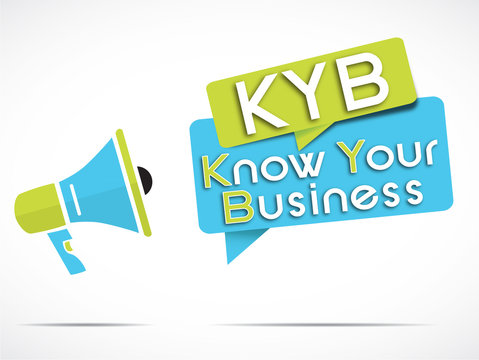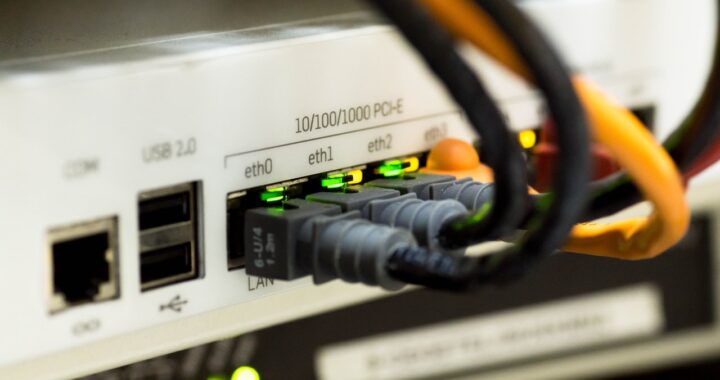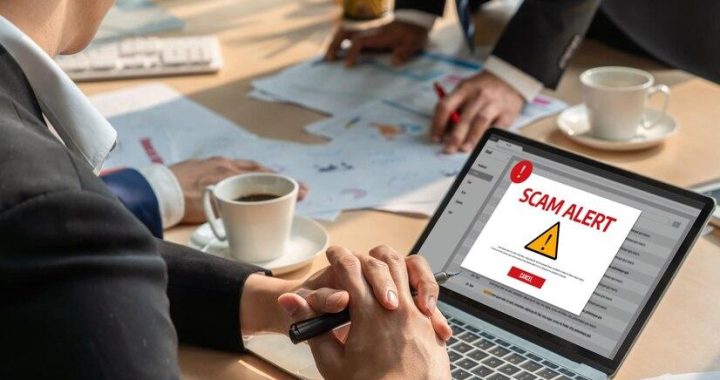Know Your Business – Defeating Fraud in Corporate Relationships
4 min read
Regulated corporations seeking long-term stability benefit from business verification because of the complex regulatory framework and the higher danger of illegal activities. According to a UNDOC survey, money laundering amounts to roughly $2 trillion, or two to five percent, of the global GDP. Identity theft and data breaches have both risen sharply in recent years.
Before establishing business relations with third-party vendors and partners, businesses must conduct due diligence. This could involve checking corporate detailed information and analyzing factors including ownership, structure, and other aspects. Nearly all jurisdictions throughout the world use the same Know Your Business procedures. Know Your Business and Anti-Money Laundering are increasingly reflecting the need to secure company transactions and prevent the entry of unlawful financial activities into the industry.
What is Know Your Business (KYB) Identification?
Know Your Business (KYB) is a program designed to check a company’s beneficial ownership information in order to confirm its authenticity. Businesses can avoid interacting with shell corporations by following this approach and ensuring that they aren’t being used to illegally conceal the identities of owners.
It aids companies in identifying reliable traders or other third-party dealers who are listed on documents. Avoiding business dealings with shell corporations is becoming simpler.
Difference Between KYB and KYC?
KYC
- KYC stands for “Know Your Customer” – refers to a need to understand business customers. It keeps eye on financial transactions as well and finds out the risk associated with the client.
- KYC’s main objective is to identify and verify suspicious activities. It also makes sure about the customers’ legitimacy.
- Official documents are verified such as government-issued identity cards, driving licenses, passports, educational documents, address verification utility bills and employment letters, etc.
KYB
- Know Your Business (KYB), is a unique protocol for identity verification of business entities.
- The main objective is to verify the UBO to whom the business is registered.
- Business registration numbers, UBOs identity information, legal representative, employee details, affiliated businesses’ information, verified address, and others are some of the requirements for business verification.
Know Your Business Verification Process
Businesses are cross-checked with the help of certain APIs by pulling information from official registration records. The KYB service can gather information for the business using the jurisdiction code and registration numbers. With the use of AI-powered KYB checks, the due diligence procedure becomes efficient and precise. Employees can also save time and effort by using this technique. The primary steps of Know Your Business verification are mentioned below:
Business Identification
This step involves researching the company’s history. Current status, jurisdiction, organization type, ultimate beneficiary owners, registration address, and trademark are all included in the search. You are informed and the prior name of the business is also examined.
Know Your Business enhances and secures business relationships. This allows businesses to establish smooth and risk-free relationships with each other.
Business Legal Documents
Business filings contain instantly verifiable company information. The data includes several document types that the business shared for verification. The process continues when these documents have been successfully verified.
Sub-Business Network
Various aspects of the corporate structure can shed light on the main (parent) organization as well as subsidiaries like child branches of companies. You may find all these details by using the KYB process’ business network stage. Furthermore, some other factors include the country in which the business is registered, the type of business, etc.
Business Statements
Management changes can be kept up to date with the use of business statements. Director or shareholder changes also indicate that follow-up information about business matters is needed in the current business environment.
This whole procedure seems to be tedious but it is simple, time-efficient, and accurate for business entities. A typical Know Your Business practice enables corporate organizations to determine whether they are dealing with authentic business entities or shell companies that are just present on the paper. AML Checks for business and proper document verification is demanded by regulators, especially in developed countries when dealing with foreign entities.
Why does Know Your Business Matter?
KYB is a comparatively newer strategy than others for fraud prevention. Although KYC requirements have been in place since early 2002, they had multiple flaws, including the fact that business ties weren’t as thoroughly examined as individual ones. In order to conceal their identity, criminals set up shell corporations and utilize these as real businesses. In order to avoid fraud, business records are only briefly reviewed, so fraudsters can create a paper trail without being personally screened.
Concluding Remarks
In the end, the Know Your Business verification helps organizations build trust, which enables them to sign a contract and begin a successful business relationship. Risks are decreased by automating the entire process and maintaining constant data monitoring among partners. With a suitable business verification service, your business relationships need to be protected, AML standards need to be fulfilled, business-to-business conversion rates must be raised, and operating expenses need to be decreased.






